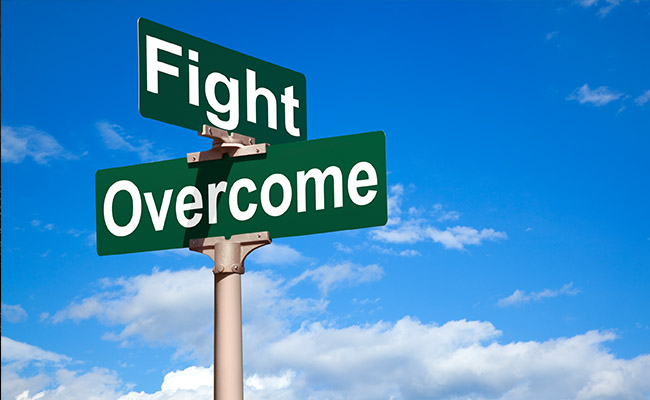What Is A Dual-Diagnosis or Co-Occurring Disorder?
If you have a mental health diagnosis like bipolar disorder, depression, anxiety disorder, Post-Traumatic Stress Disorder (PTSD), schizophrenia, an eating disorder, or any other mental illness AND you have a substance abuse problem. You are considered to have a dual-diagnosis, also known as a co-occurring disorder. It is estimated than one in five people who have a problem with chemical addiction also have a mental health issue.
Treating a dual-diagnosis is more complicated than simply treating an addiction problem. That is because there are two conditions that need to be treated and each of these conditions complicates the other. Quite often, those who have a mental illness use drugs or alcohol to self-medicate to find relief from the symptoms of their condition. This can lead to frequent relapses.
Those who have a mental illness need to treat their condition AND their substance abuse problem. This requires specialized care and a highly individualized treatment plan executed by skilled therapists and addiction experts. At DARA Thailand, we are equipped to help those who have a co-occurring disorder find joy and freedom.
Diagnosing A Co-Occurring Disorder
Diagnosis of a co-occurring disorder can be difficult. When someone has a drug or alcohol problem, they can display symptoms that appear to be related to mental illness when they are just a result of prolonged substance abuse.
For this reason, many unskilled medical professionals don’t realize that someone has a mental health issue when they have an addiction to drugs or alcohol. They think the person’s mental health is directly affected by their substance abuse instead of an underlying issue. It often isn’t until someone stays sober for an extended period of time and they continue to have mental health problems that it becomes clear that someone has a dual-diagnosis.
We Identify Dual-Diagnosis Early On
At DARA Thailand, we conduct a thorough evaluation of every client who comes to see us. Our pre-admission process assesses the potential for a dual-diagnosis. We understand that it is important to treat substance abuse AND mental illness simultaneously. This ensures ongoing, long-term success for people in recovery.
Many of our clients come to us because they have tried other programs that didn’t work for them and they were unable to maintain sobriety. Our program works. We are known for the quality of our services throughout the international addiction treatment community.
A Holistic Approach Is An Important Part Our Dual-Diagnosis Treatment
Mental illness is largely treated with medications. Antidepressants, mood stabilizers, anti-anxiety medications, and anti-psychotics are commonly prescribed to those who have mental health issues. The problem is, most people have to undergo a process of trial and error to find the right medication or combination of medications. This can be a lengthy and sometimes uncomfortable process.
At DARA Thailand, we offer a holistic approach to treating someone with a co-occurring disorder to address the mind-body-soul connection. While medication certainly plays an important part in treating a dual-diagnosis. We believe there is more to treating this condition than just offering someone a handful of pills.
We provide integrated care so that each one of our clients receives seamless treatment by mental health and addiction professionals under the same roof. Our balanced approach to dual-diagnosis treatment is based on the most current and effective evidence-based therapy.
CLICK HERE to get a Free Confidential Addiction Rehabilitation Assessment.














